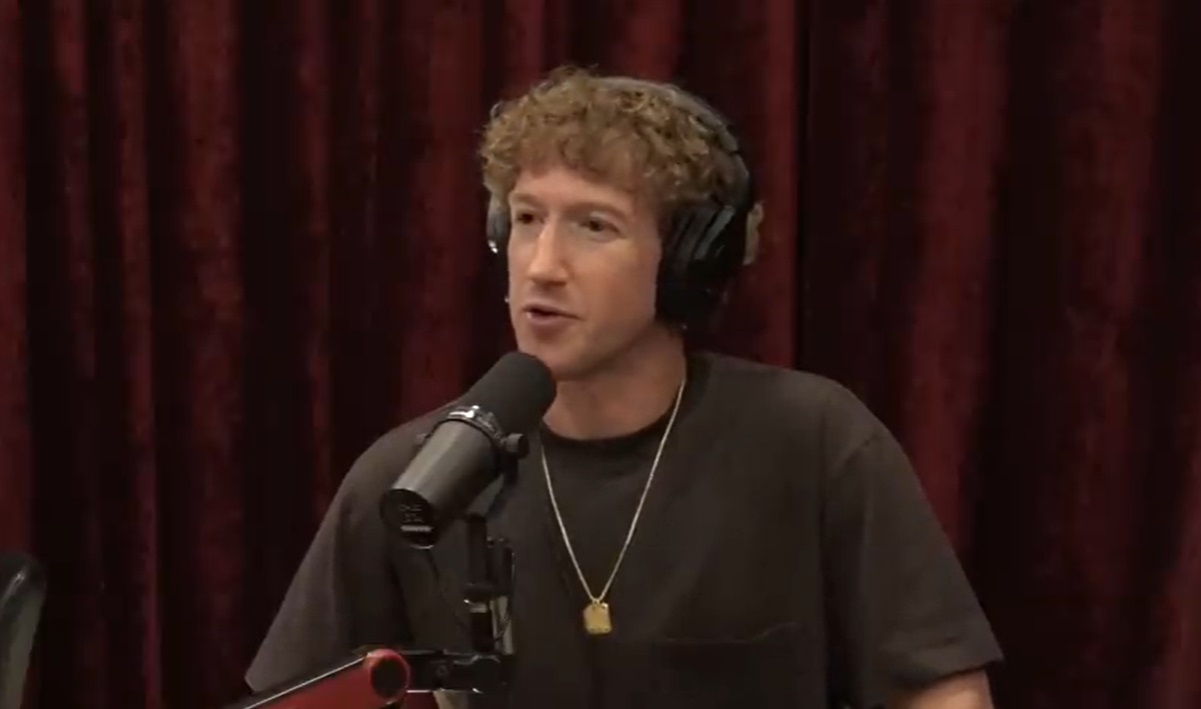“Tulsa King” destroys “toxic masculinity.”
Sylvester Stallone’s “Tulsa King” Proves Old-Fashioned Masculinity Still Has a Place on TV
Back in the ’80s, if Sylvester Stallone agreed to star in a TV show, we would have been disappointed. Movie stars made movies, and TV stars did everything they could to make the leap to the big screen. But times have changed, and now movie stars rush to make TV projects, eager to bask in the often-superior writing and zeitgeist-friendly titles. You can thank Kevin Spacey for popularizing the shift.
Stallone’s recent role in Paramount+’s “Tulsa King” proved to be a smart move. Teaming up with “Yellowstone” co-creator Taylor Sheridan, Stallone delivered one of his best performances in years as Dwight “The General” Manfredi, a New York mafioso sent to Tulsa to start “earning” in a new state. In reality, his mob family wants him out of its hair…permanently.
Unabashedly Old-Fashioned
What’s unmistakable about the series is Dwight’s traits, and often his results, are captured in an unabashedly positive light. And they represent a raw masculinity that, we’re told, is no longer acceptable in polite society. He’s seen as a role model and mentor to Tyson (Jay Will), a savvy business associate for Bodhi (Martin Starr), and a caring pappy to his estranged daughter, Tina (Tatiana Lia Zappardino).
Dwight doesn’t shrink from any battle. He charges forward, always. His masculinity jumps off the screen early and often, whether it’s being fearless in times of danger or treating the women in his life with as much gallantry as he can muster. He brings flowers along to his date with ranch owner Margaret (Dana Delany) and plants a gentle kiss on his frenemy, ATF agent Stacy Beale (Andrea Savage) after a near-death experience.
A Raw Charisma
It’s Stallone, of course, who gives Dwight a raw charisma that aids any screenwriter tasked with giving his character life. Anti-hero sagas brim with complexity, but “Tulsa King” feels more generous to its protagonist. Yes, he’s crushed by regret for losing 25 years behind bars and missing out on meeting his grandchildren. He’s still unable to shake the manly elements so vital to his persona. And “Tulsa King” leans into it. We’re even told how manly it was for Dwight to do his 25 years without snitching on his fellow mobsters.
Sheridan is renowned for avoiding woke pitfalls, and conservatives crave “Yellowstone” for its neo-western sheen and rugged characters. The showrunner isn’t gunning for Heartland hugs here. He just wants to tell a rippin’ yarn. That describes “Tulsa King” to a T.
Will the Second Season Embrace Dwight’s Masculinity?
The show’s moral ambiguity opens itself up to doubters, of course. Its embrace of masculinity? Even more so. That leaves a challenging query. Will the show’s second season embrace Dwight’s masculinity as much as the first time around? That may depend on how much influence Sheridan has on the final product.
But for now, “Tulsa King” proves that old-fashioned masculinity still has a place on TV.
" Conservative News Daily does not always share or support the views and opinions expressed here; they are just those of the writer."





Now loading...